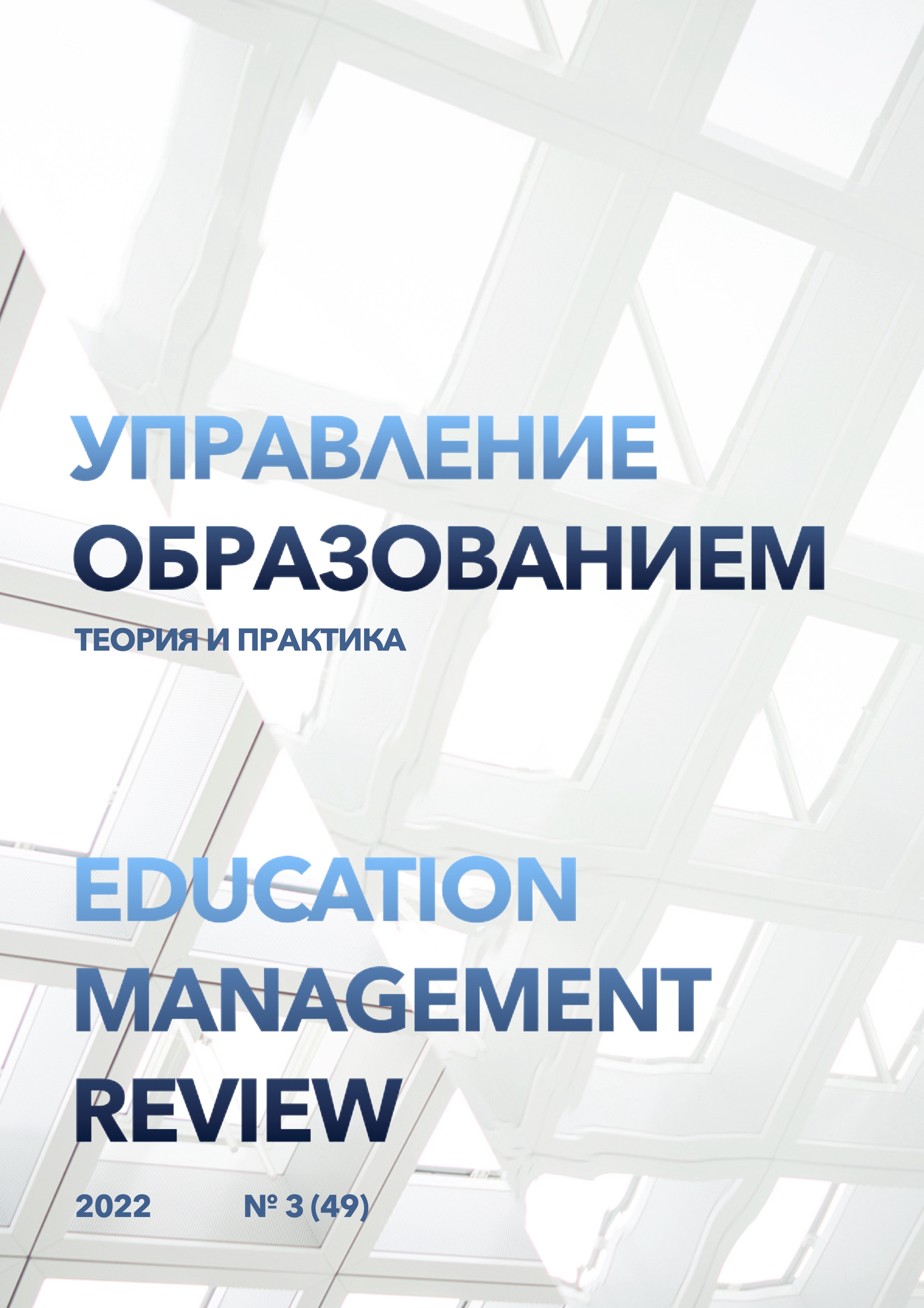The forming of professional competencies in the electronic information and educational environment of the university
DOI:
https://doi.org/10.25726/e4604-3136-4726-kKeywords:
Electronic information and educational environment, educational process, web services, educational resources, professional competencies, competence approach in education, theory of productive learningAbstract
This article describes the experience of creating an information and educational environment of the university, which allows to obtain relatively higher quality results of teaching discrete mathematics using modern information and communication technologies and specialized software products than when implementing a traditionally classroom-based learning system. Within the framework of the study, a pedagogical experiment was conducted on the formation of professional competencies of students studying under the program of higher professional education — bachelor's degree in the field of training 09.03.02 Information systems and Technologies (hereinafter referred to as Students) by creating a local information and educational environment on the basis of a technical university within the course "Discrete Mathematics". The course was developed taking into account the fact that the main educational program, which includes this course, is formed within the competence approach, which meets the requirements of modern educational standards of higher professional education. The authors of the article have identified a range of professional competencies that are in the focus of this experiment due to the interest of potential employers in the possession of these competencies by graduates of educational programs. In the 2021 2022 academic year, the traditional classroom technology was designed (modified) and the learning technology was implemented, which creates situations for Students to engage in various types of active and interactive activities. At the same time, students, together with teachers, actively form a mobile personality-oriented educational environment, thus becoming active participants in the creation of an electronic information and educational environment corresponding to modern trends in the development of education in the direction of "Education 3.0". The built information and educational environment contributes to the training of specialists capable of starting work and continuing professional education, developing not only standard skills, but also the ability to cope with various situations, working in a team, implementing joint projects, acting with greater independence, guided by their own judgments and personal responsibility.
References
Алисултанова Э.Д., Моисеенко Н.А. Информационно-образовательная среда формирования профессиональной компетентности будущего инженера // Известия ДГПУ. Психологопедагогические науки. 2011. №3. С. 91-95.
Гагарина Д.А. Высокоразвитая информационно-образовательная среда вуза как средство формирования гуманитарной составляющей образования // Вестник Пермского университета. Серия: Математика. Механика. Информатика. 2009. №3. С. 122-127.
Гурниковская Р.Ю. Информационно-образовательная среда общенаучной подготовки студентов гуманитарных специальностей: диссертация канд. пед. наук: 13.00.08 РГПУ, Ростов-на-Дону, 2006 — 230 с.
Еремина И.И. Формирование информационно-коммуникационной компетенции субъектов образовательного процесса в условиях информационной образовательной среды вуза // Научный диалог. 2012. №1. С. 162-169.
Иванова О.Ю., Кутузова З.Ю., Кутузов А.В. Информационно-образовательная среда вуза: сущность и структура // Научно-методический электронный журнал «Концепт». 2020. № 08. С. 20-29.
Мовчан И.Н. Информационно-образовательная среда образовательного учреждения // ЭС и К. 2015. №3 (28). С. 55-58.
Садовая В.В. Формирование профессиональной компетентности будущего учителя начальной школы в информационно-образовательной среде // КПЖ. 2013. №2 (97). С. 27-32.
Сериков В.В. Личностно-ориентированный подход в образовании: концепции и технологии: Монография. Волгоград: Перемена, 1994. 152 с.
Сериков В.В. Образование и личность. Теория и практика проектирования пед. систем. М.: Издательская корпорация «Логос», 1999. 272 с.
Федеральный государственный образовательный стандарт высшего образованиябакалавриат по направлению подготовки 09.03.02 Информационные системы и технологии (уровень бакалавриата) (Приказ Министерства науки и высшего образования РФ от 19 сентября 2017 г. N 1427 "Об утверждении федерального государственного образовательного стандарта высшего образования — бакалавриат по направлению подготовки 09.03.02 Информационные системы и технологии). https://fgosvo.ru/uploadfiles/FGOS%20VO%203++/Bak/090302_B_3_17102017.pdf.
Цапенко В.Н. Информационная образовательная среда как эффективное средство формирования профессиональной компетентности в условиях технического вуза // Вестник Северного (Арктического) федерального университета. Серия: Гуманитарные и социальные науки. 2009. №1. С. 148-151.




